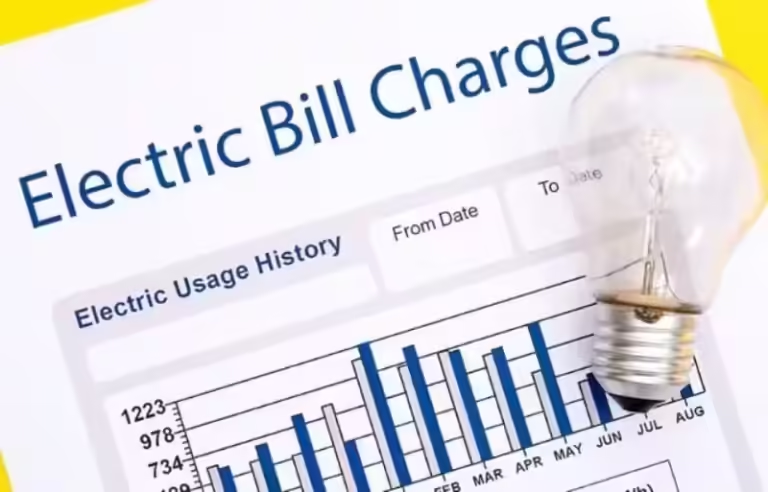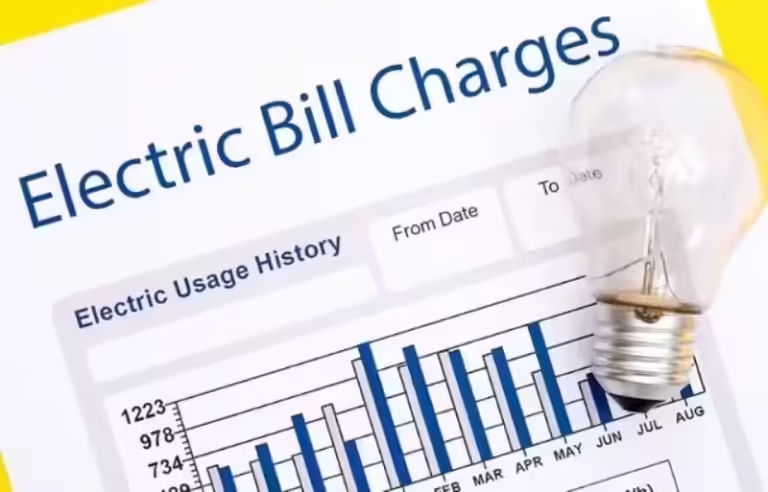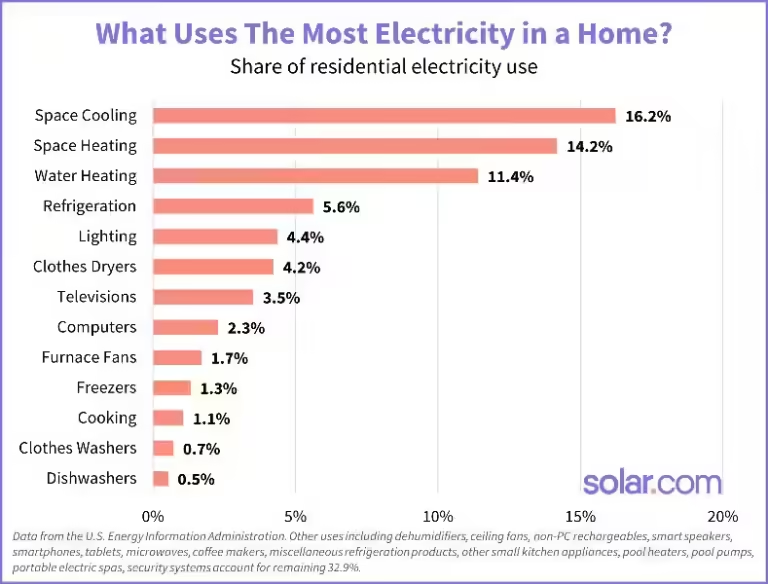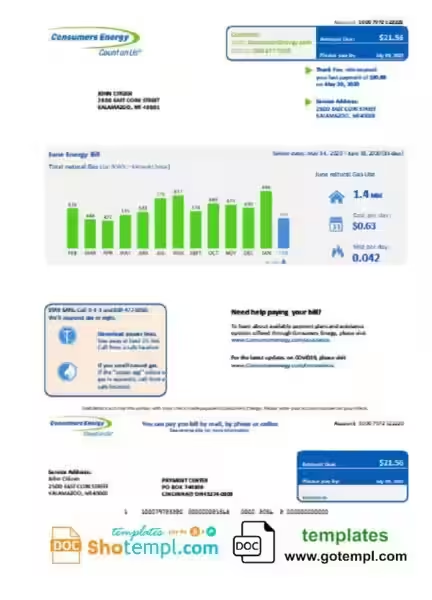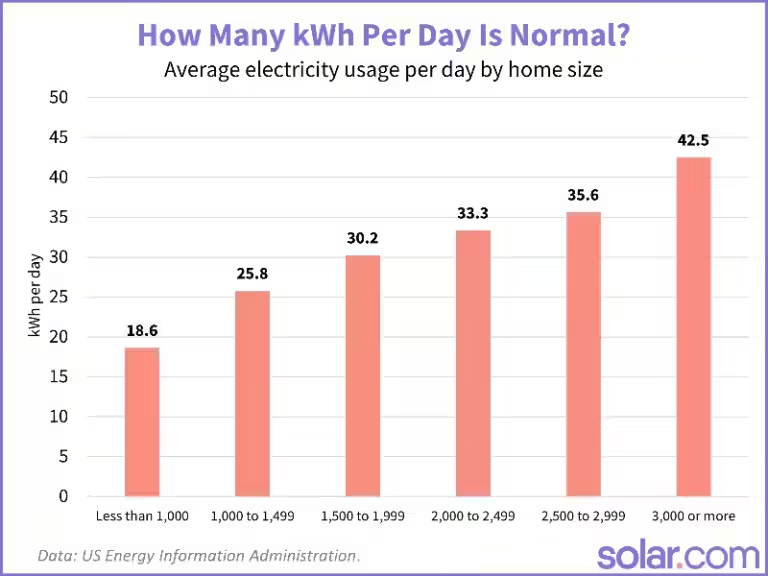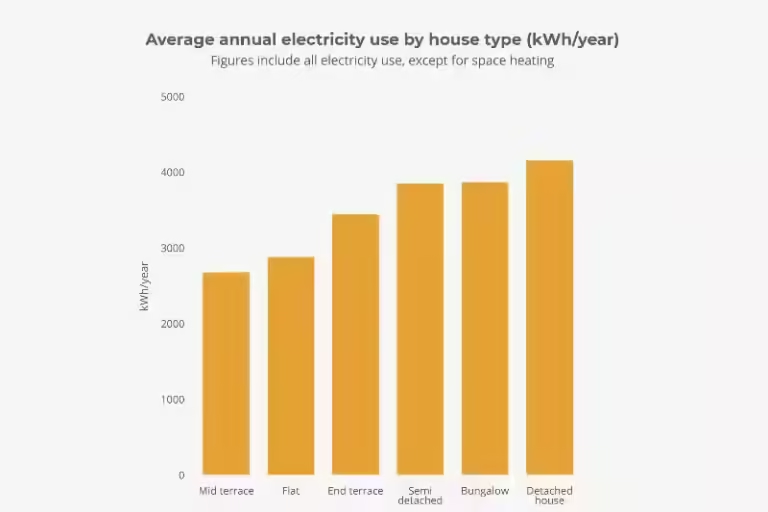Unlocking Energy Savings: A Guide to Reducing Your Electricity Bill

The average American household spends a significant portion of its budget on electricity, with heating and cooling consuming a whopping 45-50% of the energy used. This article provides a comprehensive guide to understanding and reducing your electricity consumption, focusing on the appliances that drain your wallet the most.
Top Energy Hogs: Unmasking the Biggest Culprits
Certain appliances in your home are notorious for their energy consumption, driving up your electricity bill. Let's delve into the top offenders and understand why they demand so much power.
Heating and Cooling (45-50%): The Undisputed Champions
Your HVAC system, encompassing your heating and air conditioning units, reigns supreme as the biggest energy consumer in your home. This is especially true during extreme temperatures, whether it's the scorching summer heat or the biting winter chill. The constant need to maintain a comfortable temperature inside your home requires a significant amount of energy, making your HVAC system the ultimate energy hog.
Water Heater (12%): A Silent Energy Drain
While you might not think of it as a major energy consumer, your electric water heater quietly siphons away a substantial portion of your electricity bill. From showering and dishwashing to laundry and other household tasks, the hot water we use is powered by this appliance, making it the second largest energy drain in your home.
Lighting (9-12%): The Cumulative Effect
While LED bulbs are highly efficient, the sheer number of lights in use can still contribute significantly to your electricity bill. Imagine the numerous light fixtures throughout your home, from the kitchen counter to the living room and hallways. Even though each bulb might use a small amount of energy, their collective consumption can add up quickly, especially if you leave them on unnecessarily.
Refrigerator (8%): A Constant Companion
Running 24/7, refrigerators consume a steady amount of energy, even though their hourly usage is low. These appliances are designed for constant operation, keeping your food cold and fresh. Since they're constantly running, even small amounts of energy consumption add up over time, contributing significantly to your electricity bill.
Washer & Dryer (5%): Laundry's Hidden Costs
Laundry, often a chore we take for granted, demands a surprising amount of energy, especially when using hot water cycles. Washing machines and dryers rely heavily on heating elements for their operation, making them surprisingly energy-intensive appliances.
Electric Oven (3%): The Energy-Intensive Kitchen
Cooking, particularly with electric ovens, is energy-intensive. These appliances require a lot of power to reach high temperatures, making them significant electricity consumers.
Dishwasher (2%): The Dishwashing Dilemma
While less demanding than other appliances, dishwashers still contribute to overall energy consumption. These appliances use water and electricity to clean dishes, making them energy consumers, albeit less significant than others.
TV & Cable Box (2%): The Standby Trap
Modern TVs are efficient, but standby mode can add up, especially if you leave them on overnight. Even when turned off, many TVs and cable boxes continue to draw a small amount of power, known as "vampire energy." These seemingly insignificant amounts can accumulate over time and add to your electricity bill.
Vampire Appliances: Energy Drainers in Disguise
Some appliances, known as "vampire appliances," consume electricity even when turned off or in standby mode. These devices, often overlooked, silently drain your energy and money.
- Televisions
- Printers
- Central Heating Furnaces
- Microwaves
- Computers
Unplugging these devices when not in use or using smart outlets that monitor and cut off power are effective ways to combat energy waste.
Saving Strategies: Taking Control of Your Energy Use
Now that you've identified the major energy consumers in your home, it's time to take action. By adopting these strategies, you can significantly reduce your electricity bill and contribute to a more sustainable future.
Embrace Smart Appliances: Energy Efficiency on Autopilot
Smart appliances are equipped with sensors and software that monitor usage and automatically shut off when idle, significantly reducing electricity consumption. These appliances learn your habits and adjust their settings to optimize energy efficiency, saving you money and energy.
Choose ENERGY STAR-Rated Appliances: Investing in Efficiency
Opt for ENERGY STAR certified appliances, which are highly efficient, saving you money in the long run. These appliances meet strict energy-saving guidelines, using less electricity while providing the same performance as their less efficient counterparts. Look for the ENERGY STAR label when shopping for new appliances, and reap the benefits of reduced energy consumption and lower electricity bills.
Utilize Timers & Energy-Saving Features: Harnessing Technology
Utilize timers and built-in energy-saving modes on appliances like TVs, computers, and HVAC systems to minimize usage. These features allow you to schedule appliance operation, ensuring they are only running when needed. For example, setting a timer for your TV or computer to shut off after a certain time can help reduce standby energy consumption.
Run Appliances During Off-Peak Hours: Smart Scheduling
Utilize lower demand periods for appliances like dishwashers and laundry machines to take advantage of lower electricity rates. Many energy providers offer lower rates during off-peak hours, usually overnight or early mornings. If you can shift your appliance usage to these periods, you can save money on your electricity bill.
Professional Home Energy Audits: Expert Advice for Savings
Professional home energy audits can identify areas for improvement, potentially saving you money on heating and cooling costs. An energy audit involves a thorough examination of your home's energy use, identifying areas where energy is being wasted. The expert recommendations from an energy audit can help you address these inefficiencies and reduce your energy consumption.
Explore Clean Energy Alternatives: Sustainable Choices
Explore community solar programs or rooftop solar panels to reduce your dependence on traditional electricity sources. Solar energy is a clean and renewable source of power, reducing your carbon footprint and potentially saving you money on your electricity bill. Community solar programs allow you to invest in shared solar arrays, while rooftop solar panels generate clean energy directly on your property.
Shop for Electricity: Finding the Best Deals
In deregulated markets, compare rates from different energy suppliers to find the best deals. If you live in an area with a deregulated energy market, you have the option to choose your electricity provider. Comparing rates from different suppliers can help you find the most cost-effective plan for your needs.
Automate Your Savings: Simplifying Energy Management
Platforms like Perch Energy can monitor energy markets and automatically switch you to the most cost-effective plan, simplifying the process of saving. These platforms use algorithms to analyze energy prices and automatically switch you to the most affordable plan, saving you time and money.
By understanding the energy consumption habits of your appliances and implementing these strategies, you can significantly reduce your electricity bill and contribute to a more sustainable future.
Frequently Asked Questions about Appliances and Electricity Consumption
What appliances use the most electricity in a typical household?
The top three energy-consuming appliances in a household are:
* Washing Machines: They use a significant amount of energy for heating water during cycles.
* Dishwashers: Similar to washing machines, dishwashers require energy to heat water for cleaning dishes.
* Tumble Dryers: These appliances use a substantial amount of energy to heat air for drying clothes.
Why do these appliances use so much electricity?
These appliances primarily consume energy for heating:
* Washing Machines: They heat water for different wash cycles.
* Dishwashers: They use hot water for cleaning dishes.
* Tumble Dryers: They use heated air to dry clothes.
How can I reduce the electricity consumption of these appliances?
Here are some tips to reduce energy consumption:
* Washing Machines: Wash clothes at lower temperatures and avoid using half loads.
* Dishwashers: Use the Eco setting (if available), run full loads, and opt for short cycles.
Are there any other ways to save energy?
Yes, there are many other ways to save energy:
* Choose energy-efficient appliances: Look for appliances with high energy ratings, like A-rated models.
* Use timers and energy-saving features: Utilize built-in timers and energy-saving modes on appliances.
* Run appliances during off-peak hours: Utilize lower demand periods for appliances like dishwashers and laundry machines.
Where can I find more information on saving energy?
There are many resources available online and in your community to help you learn more about energy efficiency.


